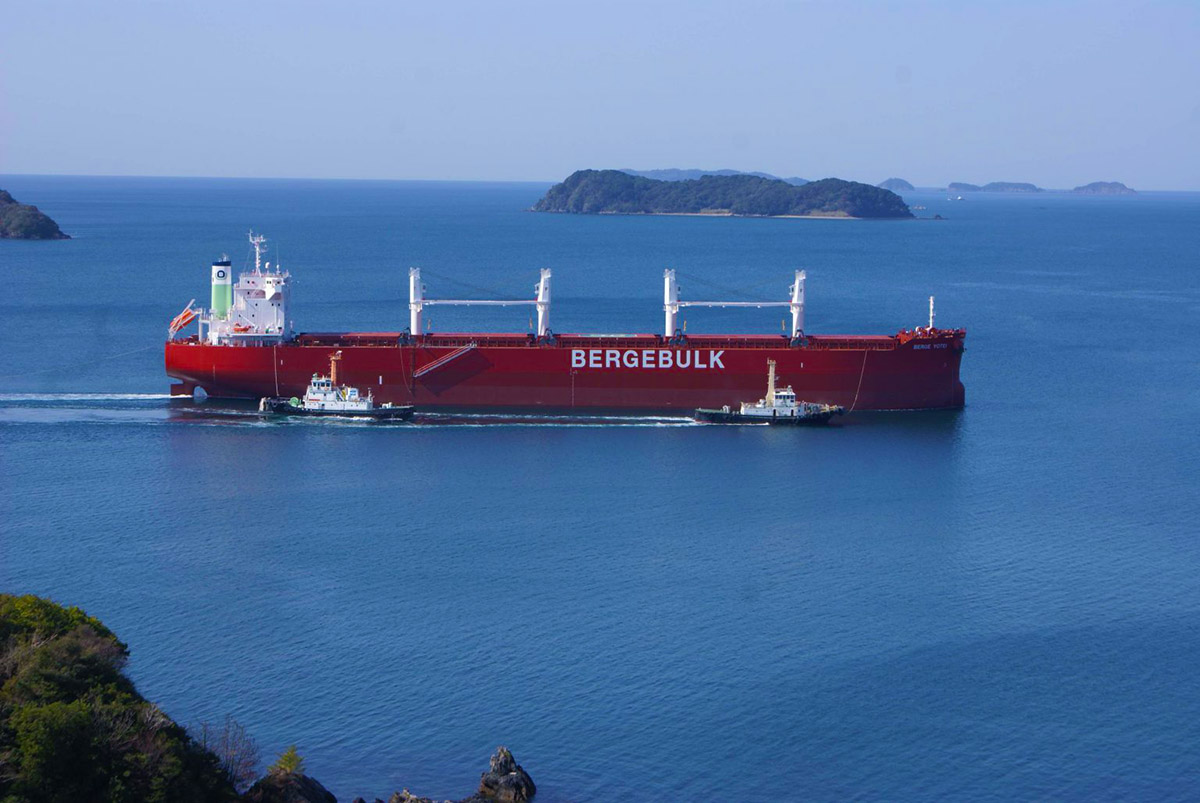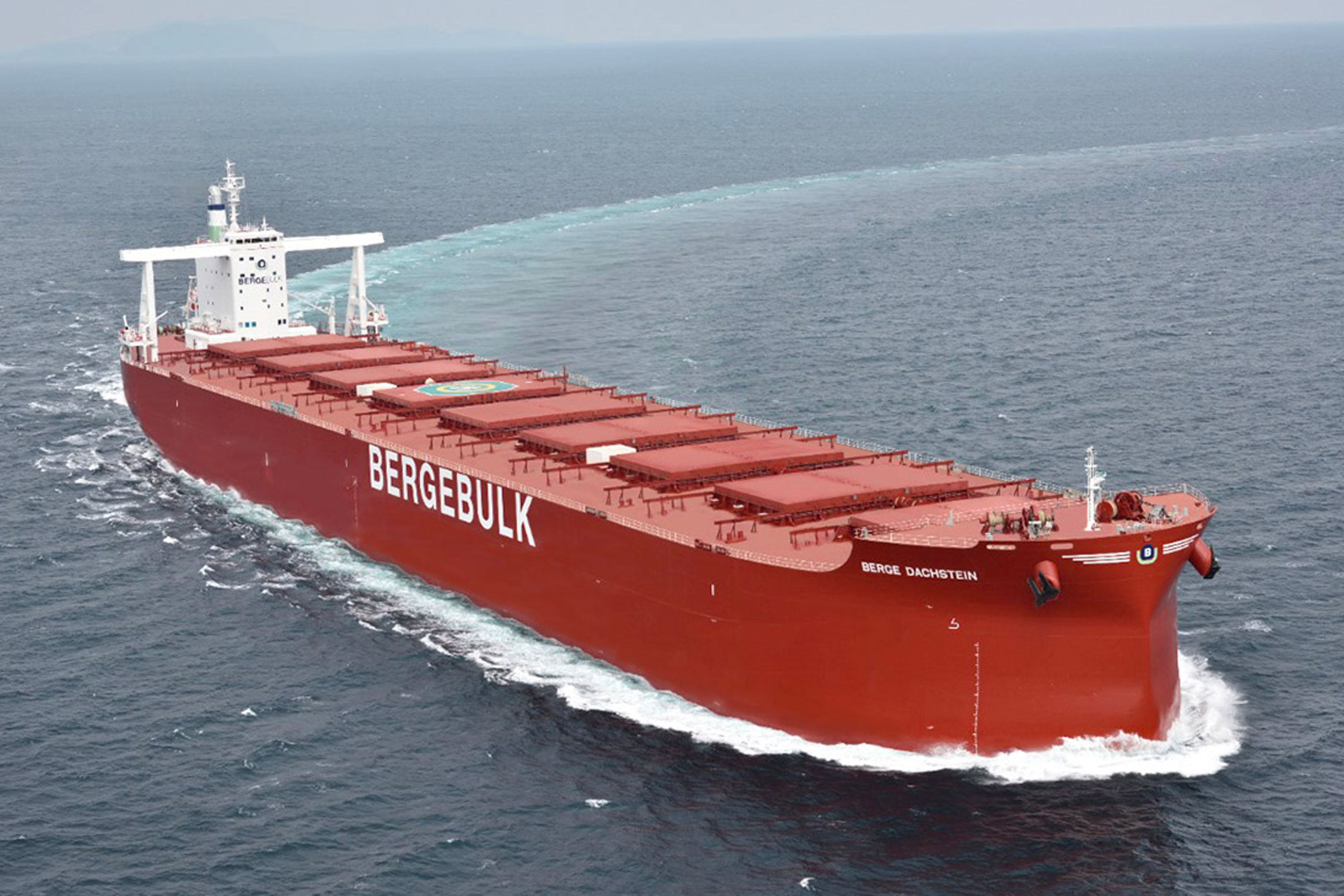On October 1, ABB Turbocharging signed a Turbo LifeCycleCare agreement with one of the world’s leading dry bulk shipping companies, Singapore-based Berge Bulk. The agreement covers turbochargers on 11 of its newest vessels. We spoke to the company to understand why this was a good move for Berge Bulk.
“Berge Bulk is a ship owner, operator and manager — a traditional shipping company, in other words, of which there are not so many left.” It operates a fleet of more than 70 cargo ships, ranging from vast, VLOCs like the Berge Everest, to smaller, ‘handysize’ vessels, nimble enough to negotiate smaller ports.
“Our main business is transporting iron ore and other raw materials from mineral-rich countries like Australia, Brazil and South Africa to China. Another part of the business transfers commodities worldwide.” Last year alone, the company delivered over 75 million tonnes of cargo.
Clockwork motion
For Berge Bulk’s customers, the priorities are clear: “They want their cargo to arrive on time, in a reliable, safe way, at a fair price – without making it into the newspapers! We naturally align our own mission to these priorities: it’s all about safety, efficiency and reliability.”
Berge Bulk confirms the marine industry as a whole is in upheaval: “We live in a fast-paced environment. We have new regulations constantly coming into shipping. Normally, at Burge Bulk, we have plans in place to mitigate against the upsets these things can cause. We started planning for 2020 three years ago, for example.”
Historically, according to Berge Bulk, the company’s relationship with ABB was very ad-hoc. “Someone on board would say they needed a part. A quotation process would start. We’d come to an agreement. Get the parts to the ship. The invoices arrived.”
The problem with this model for Berge Bulk was that it created cost-spikes, as well as driving up Total Cost of Ownership: “We’re not just looking at the spare part’s price. A breakdown also might lead to additional fuel consumption, holes in our reliability, or the danger that engines might need to be taken offline.”

In safe hands
In moving to LifeCycleCare, a lot of those worries are mitigated. “Forward-looking pricing makes things easier. We pretty much know how many running hours we’re going to have next year, so the budgeting process is much easier. Secondly, we’re insuring ourselves against failures and drops in performance.”
Berge Bulk says, “We’re also making sure that there’s always going to be an expert on hand to look after maintenance. Traditionally, ship owners have always tried to be the experts in everything, but that’s a model we’ve been moving away from for a few years: our focus should be on creating the structures to allow experts to support the equipment, while we focus on the core of our business.”
“Also, while in the past, it might have been possible for an employee to be an expert in a wide range of equipment, today the equipment is becoming more complicated, with more electronic components, so you really need dedicated, third-party expertise.”
“We’re definitely protecting our earnings,” Berge Bulk concludes.
Image credits: Berge Bulk
About Berge Bulk
Established in 2007, Berge Bulk is one of the world’s leading independent dry bulk owners, specialising in transporting minerals and other dry bulk goods between mines, mountains, mills and forges worldwide. The company has made a significant commitment to sustainability initiatives which range from minimizing engine emissions to an ongoing mission to eliminate single-use plastics from its ships. As a result, the company picked up the Excellence in Environmental Management Award at the Lloyd’s List Asia awards in 2019.














